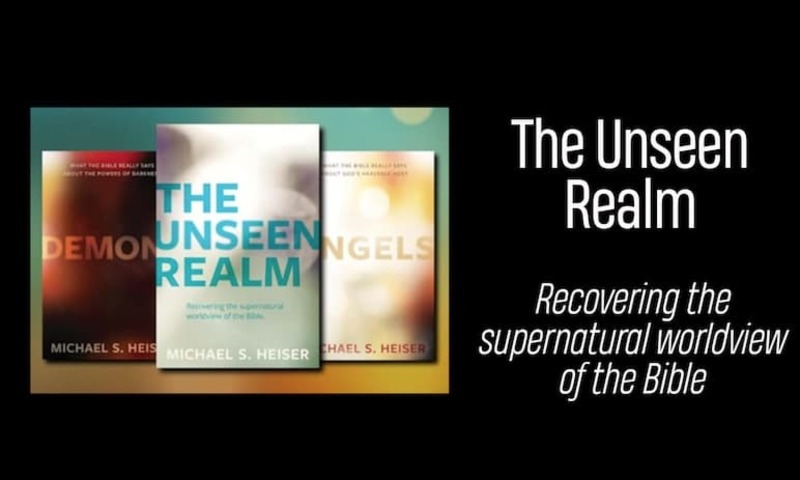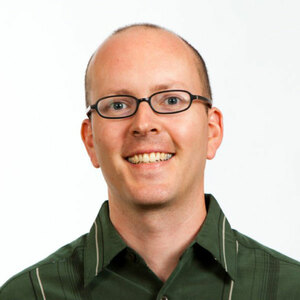One of the most popular teachers of the Old Testament in the church today is Michael Heiser. I’ve heard many stories of students who say reading the work of Heiser is what inspired them to study the Old Testament. His book the Unseen Realm: Recovering the Supernatural Worldview of the Bible (Lexham, 2015), has an astonishing almost 9,000 reviews on Amazon. How did an Old Testament scholar who worked for a Bible software company much of his life and wrote his dissertation on angels achieve this?
For background, Hesier, who was born in 1963 in Pennsylvania, studied history for his undergraduate program before shifting to Old Testament and Semitics at the University of Wisconsin-Madison from 1995-2004. In 2004 he began working at Logos Bible Software, where he occupied the position of Scholar in Residence. He played a role in the creation of two online schools: Awakening School of Theology and Redemption Seminary. He sadly died in 2023 of pancreatic cancer.
A variety of factors helps to explain his popularity. He was a gifted and passionate teacher of the Bible, and he was active on the internet in a variety of ways, such as his Naked Bible Podcast and his YouTube channel. But the primary reason for his popularity is that he was talking about topics that others were not talking about, summed up in his book title Unseen Realm: Recovering the Supernatural Worldview of the Bible. These were topics that pastors were not talking about very much but proved to be very interesting to people in churches. I have experienced this as well. My students frequently tell me that my lectures on the divine council in the Old Testament are brand new material for them: they have never heard this before. However, this interest in the supernatural world is not new: the massive popularity of Frank Peretti’s This Present Darkness illustrates this same curiosity. The difference with Heiser is the scholarly heft that he provides to his work on the supernatural world.
His Unseen Realm worldview is hard to sum up briefly but largely revolves around a few texts from the Old Testament that pull back the curtain on the spirit world so that we can glimpse what is happening there. The core of his view is that YHWH had a divine council that helped him in a variety of ways but could also rebel against him if they chose. This divine council consisted of spirit beings who were called elohim in the Old Testament. Elohim is usually translated as “God” or “gods” in English, but the Hebrew word has a broader range of meaning than our English word “god.” Basically, the word is not restricted to YHWH the chief God but can refer to any inhabitant of the spirit realm. Psalm 82 shows how this could be angels, but it could even be a dead human spirit, as the spirit of Samuel is called an Elohim (1 Sam. 28:13). While it is not new for Christians to recognize the existence of a spirit world of demons and angels, Heiser expands the details considerably on what we can know about that world and rejects some traditional beliefs about that world.
One fascinating aspect to Heiser’s scholarship is how he engaged in some very interesting conversation partners. He engaged with Mormon scholarship because of the overlap of his divine council view with Mormon theology that we are all gods. If one looks at it uncritically, it appears that Heiser’s work supports Mormon theology. However, Heiser was quick to show how this was not the case, to the extent that he was invited to publish in a Mormon theological journal on the topic.
Heiser was also interested in aliens and UFOs and presented on these topics frequently on some of these unusual interests in such places as his YouTube channel FringePop321 and a 2017 movie produced by Lexham (Aliens and Demons: Evidence of an Unseen Realm). In this work he argued that supposed alien encounters were generally human coverups of something secret (such as the United States working with scientists from Nazi Germany) or demonic encounters.
In the next post, I will examine the biblical texts that Heiser appealed to as he constructed his divine council worldview.
 Biola University
Biola University

.jpg)

.jpg)
.jpg)